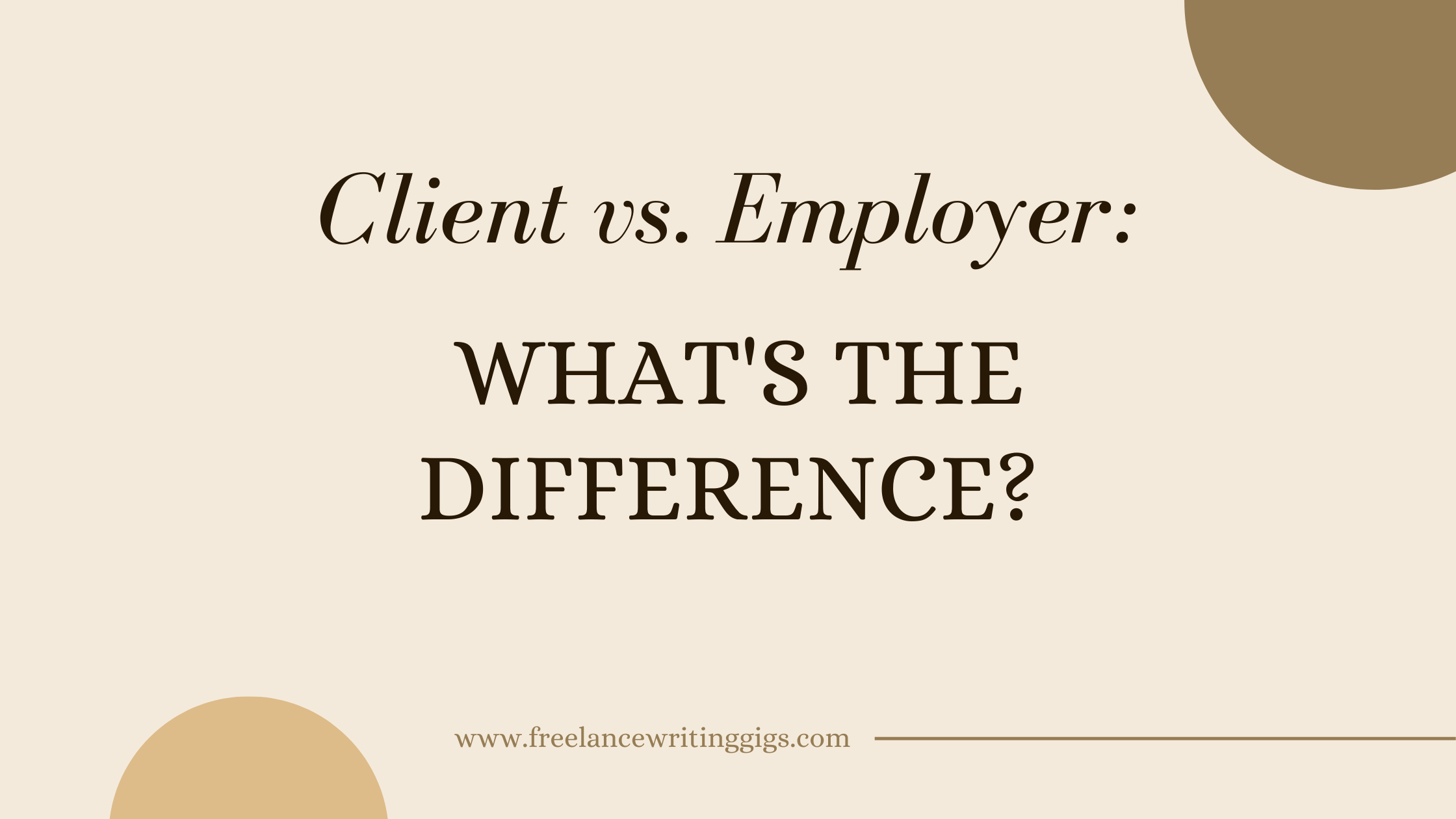clients
-
Mastering the Art of Client Communication: A Freelance Writer’s Guide
The world of freelance writing often entails a dance of words and…
-
Client vs. Employer: What’s the Difference?
I use the word employer when I really mean client. I mostly…
-
What to Do If Clients Are Not Paying You Right Now + 5 Common Scenarios
Clients who don’t pay are nothing new. Even without a crisis, we…
-
7 Ways to Source Clients as a Freelance Writer
Clients are the lifeblood of freelance writing. A steady stream of clients…
-
What to Do When Terminating a Freelance Contract
In a freelancer’s work life, the only constant is change. While some…
-
Client Onboarding: A Freelancer’s Guide to Strong and Harmonious Relationships
The relationships between you and your clients can make or break your…
-
10 Questions to Include in a Copywriting Client Questionnaire
Using a copywriting client questionnaire is an essential step of the client…
-
How to Handle Losing a Major Client
You’ve been writing for a client for a while, and suddenly, they…
-
5 Tips to Ensure Maximum Performance When Working for Multiple Clients
There seems to be two kinds of freelancers when it comes to…
-
5 Legal Questions to Ask Before Turning in An Assignment
Turning in an assignment is the goal of pretty much every freelancer.…








